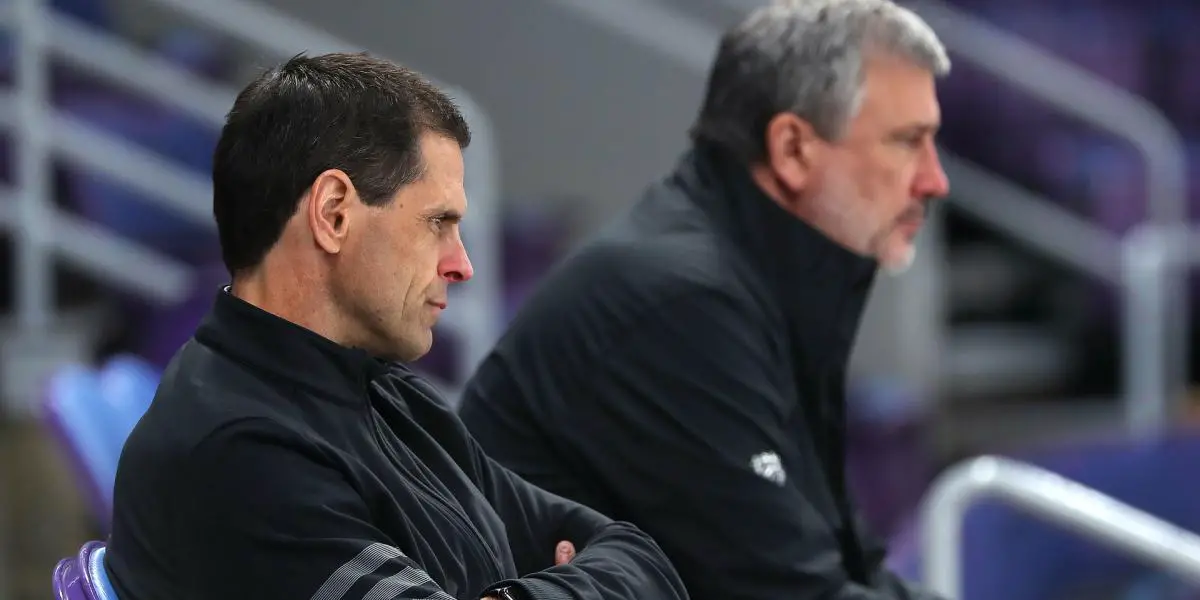
Through the halfway mark of their season, the Boston Bruins have enjoyed a largely successful ride. Punctuated by stellar goaltending, timely scoring, and a commitment to executing the game plan of their now two-time All-Star head coach Jim Montgomery. A return to the playoffs, while not initially guaranteed, is almost a certainty.
Which raises an interesting question, to be or not to be active come the trade deadline?
There is no obvious answer.
On the one hand, culturally Boston is the league’s envy, its backbone which has impressively spanned multiple decades and personnel sits at its core. Rewarding a locker room, which in the eyes of many, has overperformed despite the outside noise seems like a no brainer, right?
But where exactly would additions be welcomed? Two things spring to mind- down the middle and bottom six scoring. In this past month alone, their relative lack of one or both was glaring.
Take January 4th against the Pittsburgh Penguins as an example. In a game where Boston spent most of the night chasing their opposition, it’s unsurprising to learn Pittsburgh dominated the faceoff dot with a 65% success rate. Individually, Sidney Crosby was up to 76% with 2:41 remaining in regulation. This is not to punch down on Bruins centers Charlie Coyle, Pavel Zacha, Morgan Geekie, or John Beecher. But it goes a long way towards showing how quickly things can go sideways in a playoff matchup with the league’s elite.
Against the Vegas Golden Knights last week Boston lost its third consecutive game in overtime. The only difference being they mustered one goal against a Vegas team playing on the second half of a back to back. By comparison, Boston went 11-0-5 in extra time last season and stands just 5-0-9 as of 1/16/24. Cause for concern? Not particularly, but a reliance on top-heavy offensive production can be, à la David Pastrnak and Brad Marchand.
The trio of Oskar Steen, Jakub Lauko, and John Beecher account for just 11 points, with a minimum of 26 games played. Again, not punching down, but considering yourself a serious threat to win the Stanley Cup depth scoring isn’t a luxury but a necessity.
Now addressing either issue won’t come easy, or cheap, but the Anaheim Ducks Frank Vatrano, Montreal Canadiens Sean Monahan, Chicago Blackhawks Tyler Johnson, and Nashville Predators Luke Kunin all fit the bill.
So that’s it then; we have determined Boston must add to reward the hard work of a team that was criticized and underappreciated all offseason.
Now for the purple elephant, which resembles that of a fourth, fifth, and sixth-round draft selection. In case you missed it, those are the current picks owned by Boston in the upcoming draft. Next year is more fruitful with a first, third, fifth, sixth, and seventh-round selection, but by lacking a second and fourth, the aforementioned selections are all the more valuable. Manufacturing a trade for an impact player with that deck of cards will be difficult.
Another aspect to consider is the expendability of their limited prospect pool. Boston has drafted inside the top 50 once over the last four drafts and within the top 85 just four times over the same span. According to TSN’s 2023-24 top 100 prospects under 21, Fabian Lysell is the lone Bruin at #67. But let us reserve opinions on draft success for a later debate.
Despite outside opinions, there are bright spots on Boston’s minor league affiliate in Providence. Greorgii Merkulov is mainly setting the world on fire offensively with a 14-19-33 stat line, impressive enough production to be selected for the AHL All-Star game. Trevor Kuntar and Marc McLaughlin, while more defensively focused, are pieces to keep an eye on, particularly due to the position they play, center. Fabian Lysell is no slouch either, and, through 34 games played, is well on his way to matching career highs across all major statistical categories, but his considerable bump in plus/minus, while not the end-all-be-all marker, is a notable improvement.
Without a doubt, this is a rock and a hard place to find yourself in for Don Sweeney, Bruins General Manager. Do you gamble the limited assets you have in the hopes of giving this group another deep run? Or do you opt to let things play out, retain your draft selections, focus on signing your upcoming free agents, in the hopes what you have is enough? There isn’t necessarily a wrong answer, but wrong outcome.

Season 4. Episode 41. Is It Time Yet? – Bruins Benders Podcast
Discover more from Inside The Rink
Subscribe to get the latest posts sent to your email.



